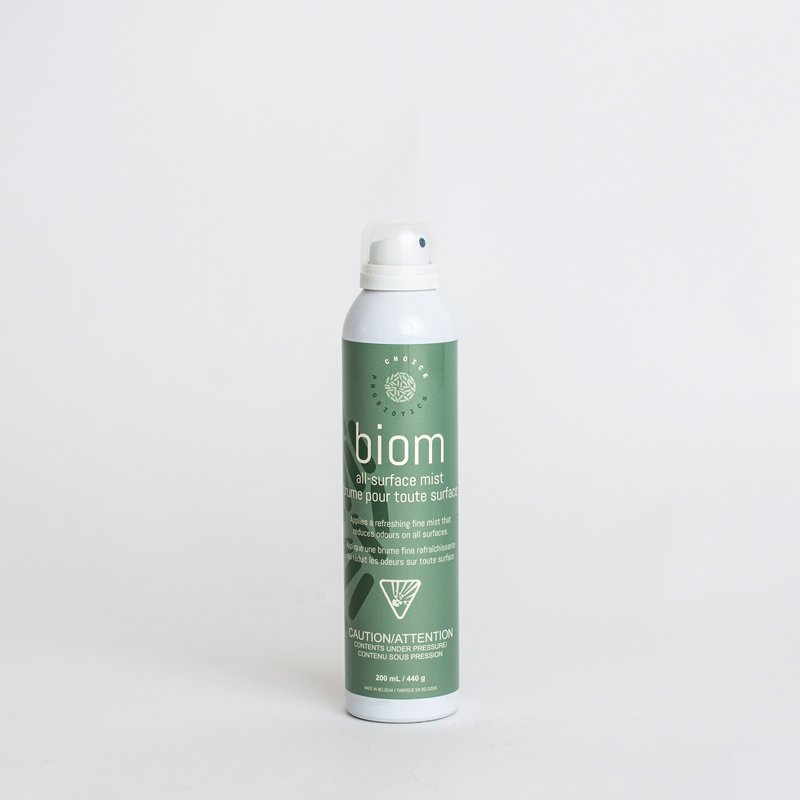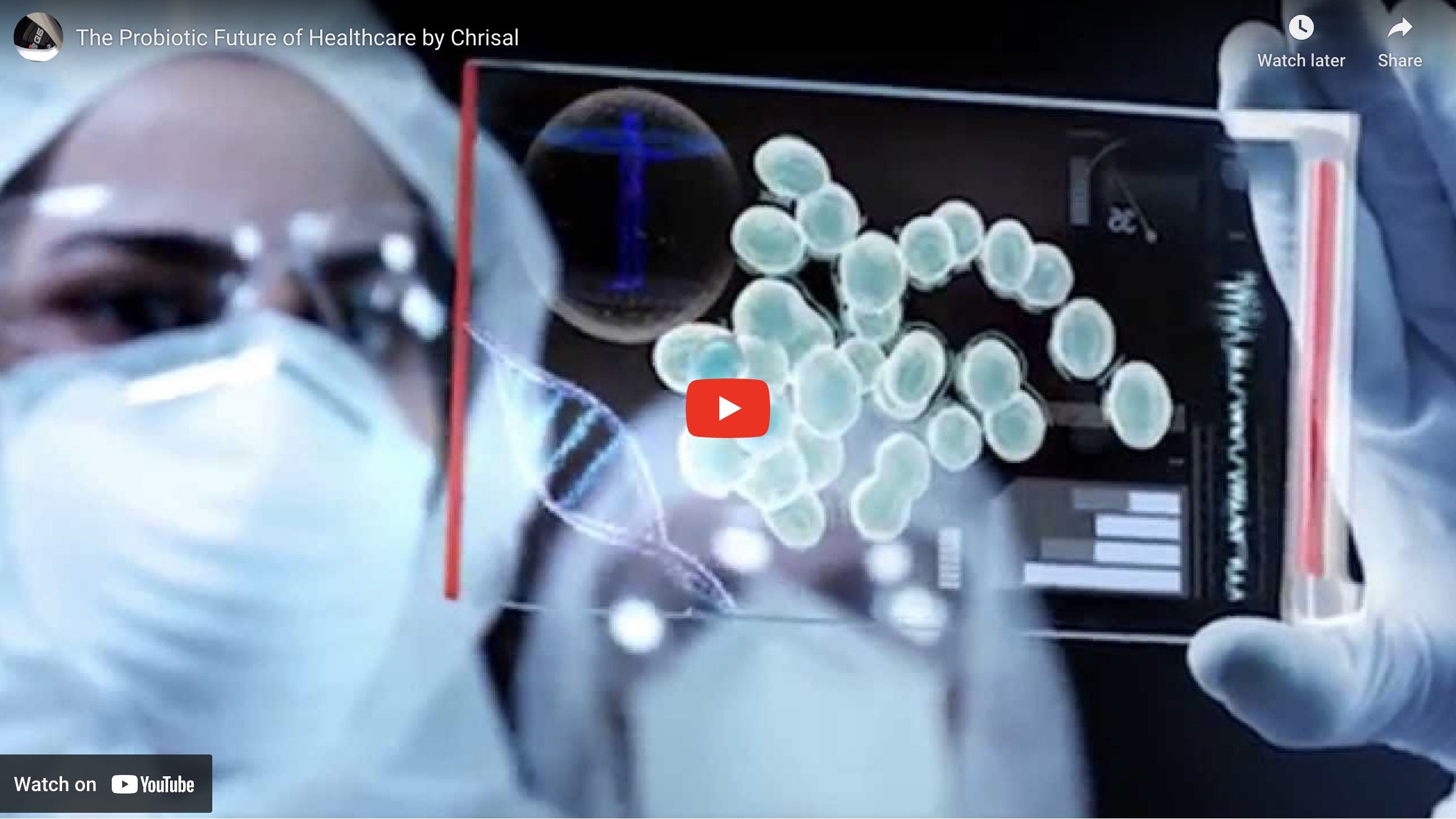BIOM Hand Soap
BIOM Probiotic Hand Soap is a cleansing gel designed to cater to hard-working yet sensitive hands. Our innovative formula harnesses the power of beneficial prebiotics and probiotics, ensuring a thorough cleanse while respecting your skin's natural microbiome. Unscented.
Safe for septic systems - good bacteria actually fortify septic systems.
BIOM Probiotic Hand Soap is a cleansing gel designed to cater to hard-working yet sensitive hands. Our innovative formula harnesses the power of beneficial prebiotics and probiotics, ensuring a thorough cleanse while respecting your skin's natural microbiome. Unscented.
Safe for septic systems - good bacteria actually fortify septic systems.

BIOM Probiotic Hand Soap is a cleansing gel designed to cater to hard-working yet sensitive hands. Our innovative formula harnesses the power of beneficial prebiotics and probiotics, ensuring a thorough cleanse while respecting your skin's natural microbiome. Unscented.
Safe for septic systems - good bacteria actually fortify septic systems.
WHY BIOM?
Made in Belgium by Chrisal Laboratories, Biom Agri probiotic cleaning products are the result of decades of testing. This innovative biotechnology is used in over 50 countries worldwide, providing proven and effective solutions for improving the environment for humans and animals.
Good Bacteria = Cleaner Healthier Skin
Good bacteria clean microscopically
Maintains a healthy environment without harmful chemicals
Fortifies healthy and stable microbiomes on the skin
Hypoallergenic
Biodegradable
Skin barrier repair
A clinical study conducted in the USA by Dr. Jean-Philippe Therrien on Chrisal's prebiotic + probiotic formulation showed that after skin irritation, the skin barrier was repaired more quickly. After three days there was already a noticeably better recovery of the skin compared to the control. A quick repair of the skin barrier is important for the prevention of infections of damaged skin. In addition, intact skin also has visual advantages because the skin looks healthier and more beautiful.
Literature:
Savitskaya et al 2019. Helyon. (Skin repair by Bacillus subtilis)
The clinical studies conducted by Enviotic Ltd. and Chrisal are being expanded and the results will be published in the future.
HOW PROBIOTIC CLEANERS WORK
Competitive Exclusion
The non-toxic detergents help you remove surface dirt and debris. Then the probiotics go to work, cleaning down to the microscopic level. The probiotic cleaning products quickly populate the space harmful and odour causing microbes for food. Without spaces to grow into, and a reduced food supply, the harmful and odour causing microbes cannot repopulate.
Quorum Sensing
When the probiotics sense that their food and space resources are being depleted, they send out quorum sensing signals to each other, which slows the growth of all microbes on a surface. This makes it even more difficult for harmful germs to survive. Routine cleaning with the probiotic cleaners ensures they remain the dominate micro-organism.
Biofilm Removal
Biofilm provides a hiding place for many types of harmful microbes by forming a protective shield from chemical and mechanical removal. The probiotic cleaning products use biofilms as a food source, thus easily removing it! For 3-5 days after cleaning, the probiotics continue to ‘nibble away’ at biofilms, rapidly reducing odours and significantly decreasing risk of infection.
INGREDIENTS
Aqua, PEG-6 Caprylic/Capric Glycerides, Cocamide DEA, Acrylates/Steareth-20, Methacrylate Copolymer, Sodium Laureth Sulfate, Bacillus Ferment, Inulin, Phenoxyethanol, Ethylhexyl Glycerin, CI 10020, Parfum
What is biofilm?
Biofilms are microscopic layers that entrap dirt, viruses, harmful bacteria, moulds, and odour causing microbes. The microscopic layers of biofilm form on virtually any wet or dry surface, and are extremely difficult to remove. They embed in fabrics, plastics, foam, matting, cushions, and clothing. They adhere to hard surfaces such as shower/tile grout, and flooring, often making it very slippery. Research shows biofilms are often present on dry, disinfected surfaces, such as electronic devices and countertops and emit the harmful microbes and odours into a facility.
The problem with biofilm
Disinfectants and harsh chemical cleaners do not remove biofilm completely, at best they only burn off the top layers. When disinfectant cleaning supplies are used on biofilms, the biocidal chemicals cause the biofilm matrix to become chemically resistant. This makes the pathogens within the biofilm even more chemically resistant, increasing antimicrobial resistance which is known to directly foster an increase in antibiotic resistance. This creates Superbugs. Reducing antibiotic resistance includes taking steps to reduce the use of antimicrobial products such as disinfectants and sanitizers.
Biofilm removal with probiotic cleaning
Using toxic or corrosive cleaners to remove biofilm is ineffective, and damages surfaces, equipment, harms people and the environment while increasing bacterial resistance. A safer, more effective and sustainable method is to use PIP probiotic cleaners. PIP’s probiotic bacteria use biofilm as a food source. Once the probiotics are placed onto a surface, they release enzymes. These enzymes quickly break down biofilm into bite-size chunks, enabling the probiotics to quickly consume it. This process continues for 3-4 days after the probiotic products are applied. This action results in continuous biofilm removal leaving a surface which is not harbouring a reservoir of harmful microbes.











